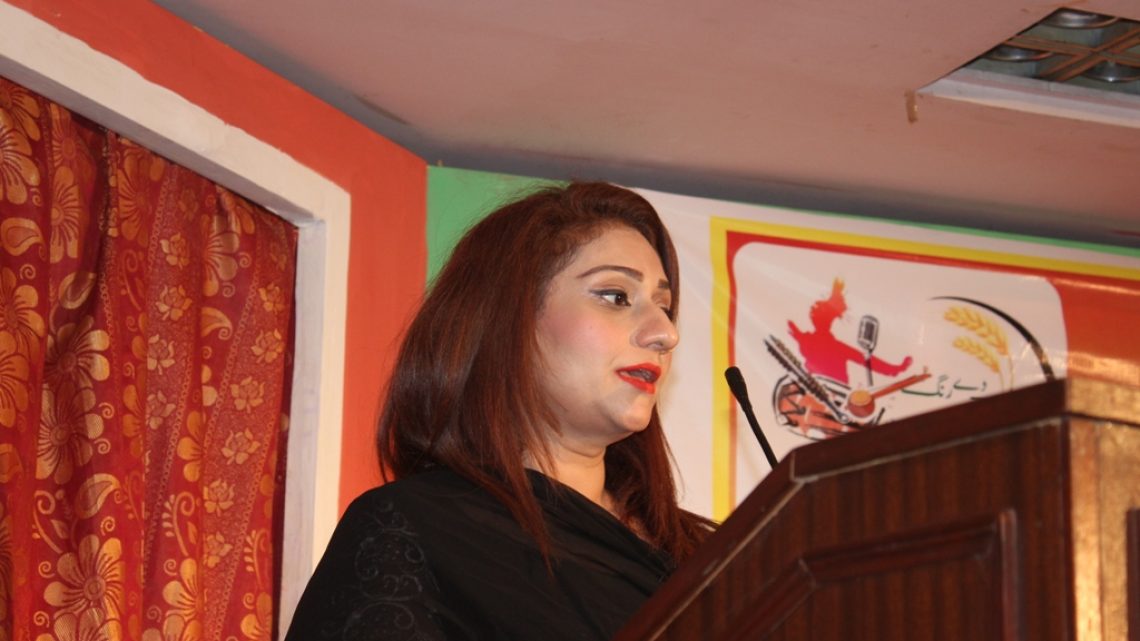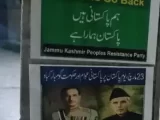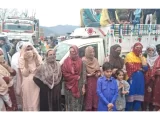
Allegations of State Terrorism: Accusations Against India Reach International Platforms
March 22, 2024Chairperson of Friends of Kashmir International, Ghazala Habib, has recently made startling accusations against India, labelling it as an “international terrorist country.” She cites US Deputy Secretary for South Asia Donald Lu’s statement before the US House of Representatives, where he reportedly confirmed India’s involvement in state terrorism.
According to reports, Habib highlighted Lu’s revelation regarding Indian officials’ alleged participation in a conspiracy to assassinate Gurptunat Singh Pannu, a leader of the Khalistan movement, on US soil. She asserts that such actions are severely damaging India’s reputation on the global stage.
Habib further accuses Indian Prime Minister Narendra Modi of being an “international terrorist,” pointing to his controversial past, including allegations related to the Gujarat riots. She mentions Modi’s prior ban from entering the United States before assuming office as Prime Minister.
Additionally, Habib references Canadian Prime Minister Justin Trudeau’s claims of Indian involvement in the assassination of Sikh leader Hardeep Singh Nagar in Canada. This incident led to strained relations between India and Canada, resulting in the expulsion of India’s station chief of the Research and Analysis Wing (RAW), a notorious Indian intelligence agency.
Moreover, Habib suggests that recent incidents, including the murders of Sikh leaders in various Western countries, have prompted nations like the US, Canada, and Britain to pressure RAW into halting its operations within their borders. She credits US officials for thwarting the assassination plot against a Sikh leader and mentions the arrest of an Indian citizen in connection with the conspiracy.
Ghazala Habib’s statements represent a significant escalation in accusations against India, portraying it as a state sponsor of terrorism on the international stage. By citing Donald Lowe’s reported confirmation of Indian state terrorism and referring to specific incidents involving Indian officials and intelligence agencies, Habib aims to discredit India’s global standing.
The mention of Narendra Modi’s controversial past and his alleged ties to acts of violence adds weight to the accusations against India. Furthermore, the reference to strained diplomatic relations between India and Canada following allegations of Indian involvement in the assassination of Hardeep Singh Nagar underscores the seriousness of the situation.
Habib’s assertion that Western countries have pressured India to cease its intelligence operations abroad indicates a growing international scrutiny of India’s actions. The arrest of an Indian citizen in connection with an assassination plot on US soil further fuels suspicions surrounding India’s alleged involvement in terrorist activities.
Overall, Habib’s statements reflect the deep-rooted tensions surrounding Kashmir and India’s broader geopolitical dynamics, shedding light on the complexities of regional conflicts and their implications for global security.

